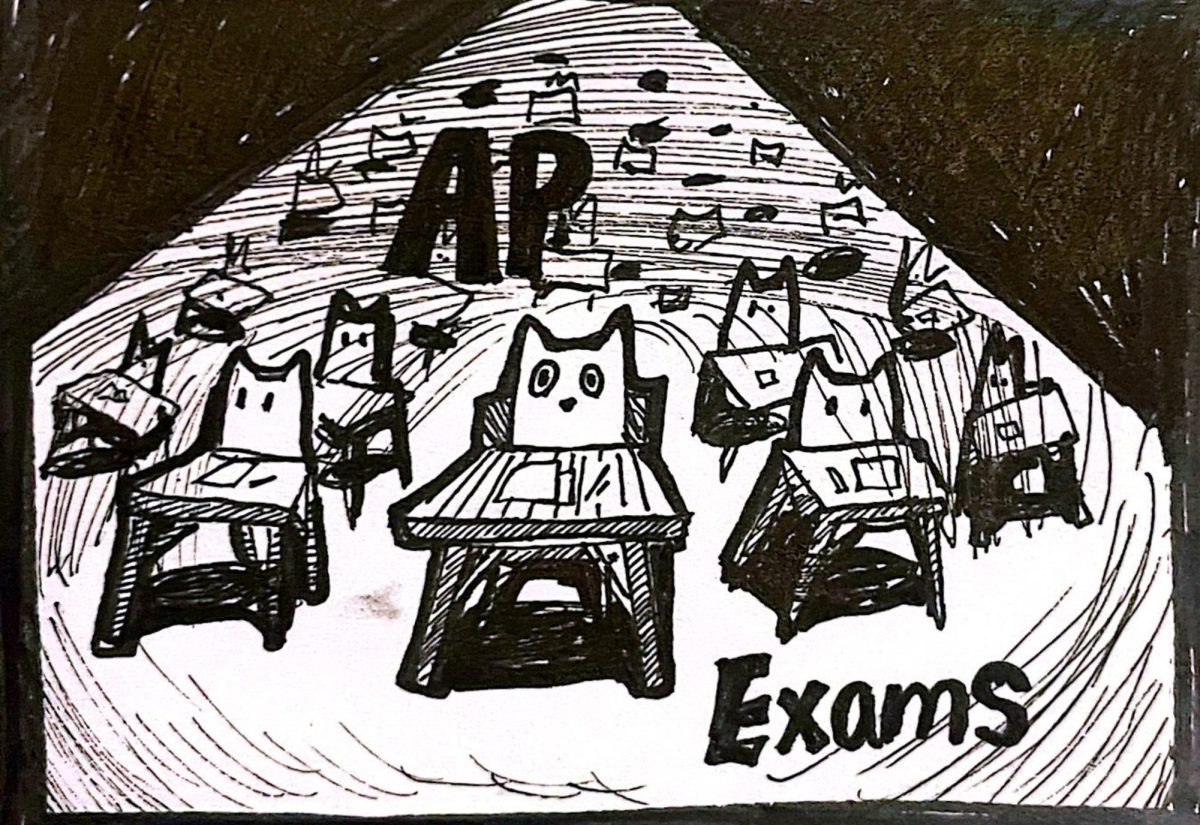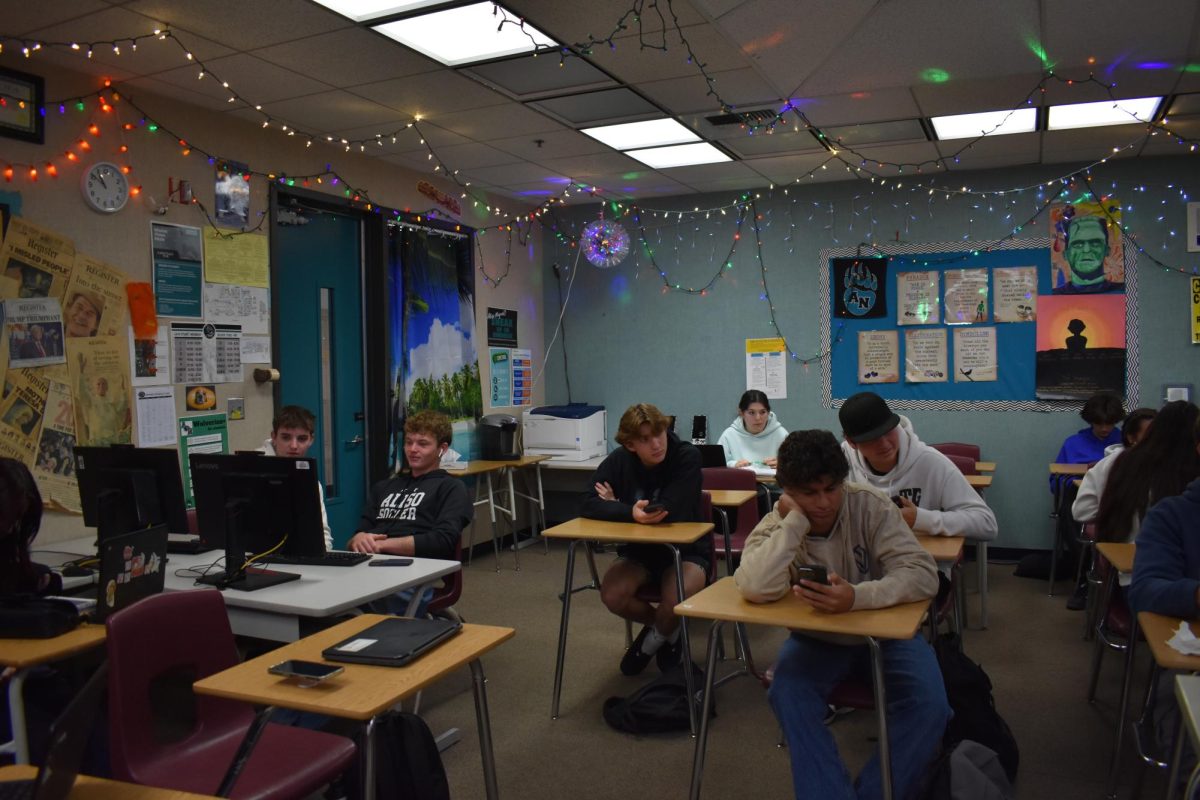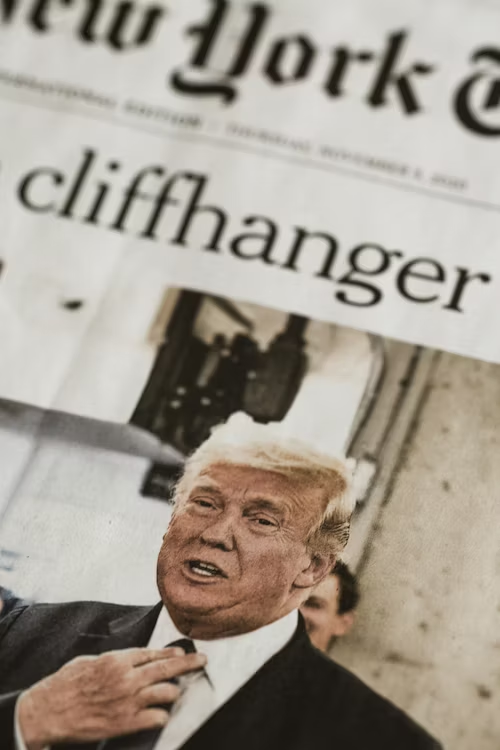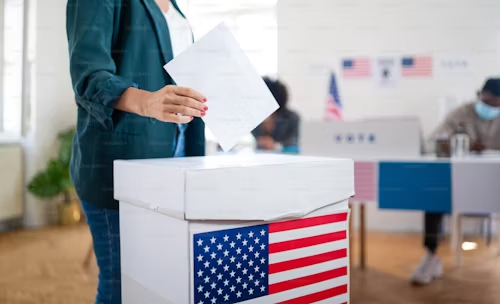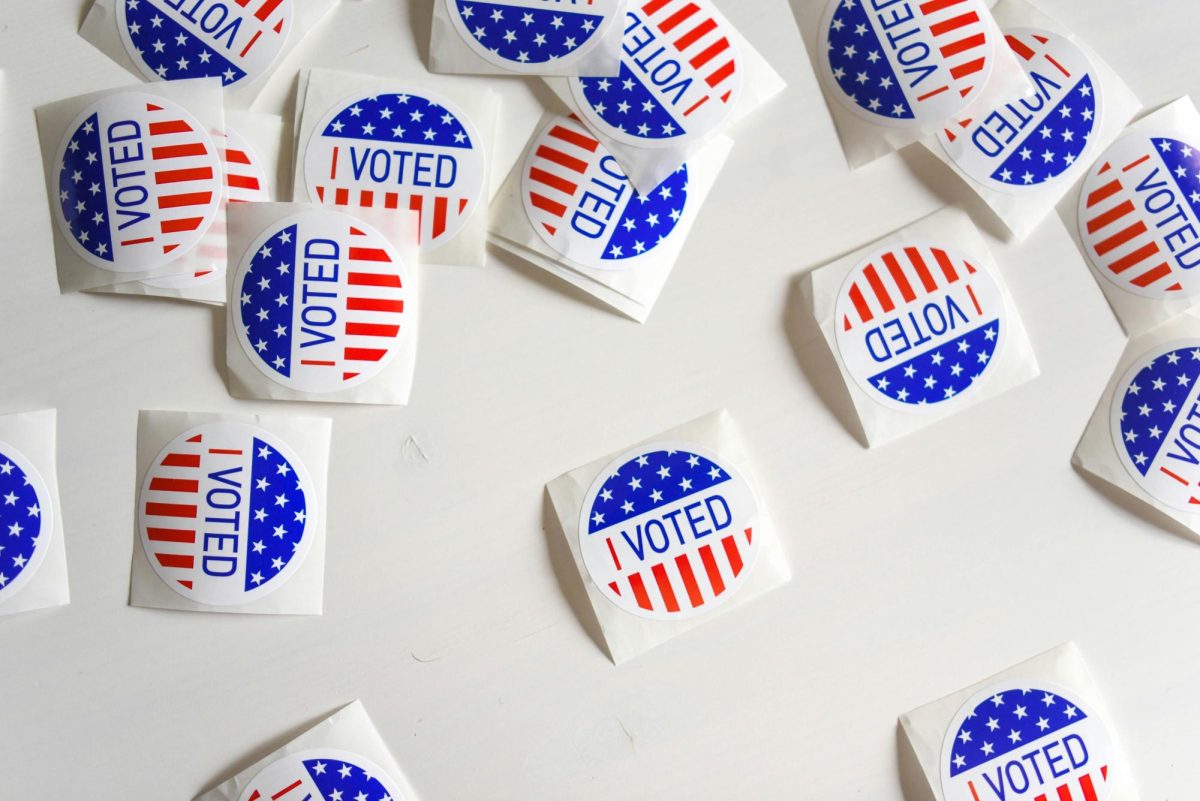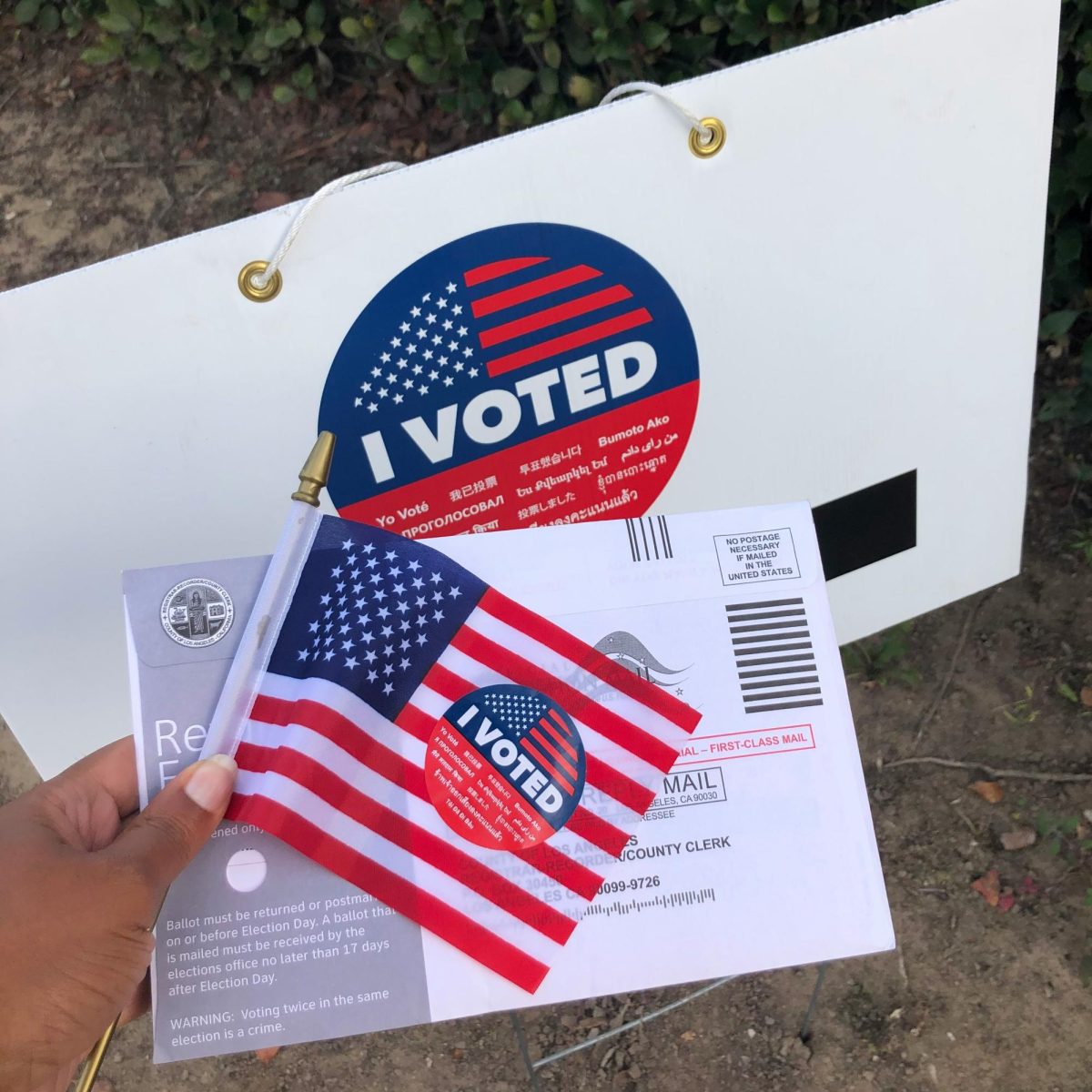The 2024 election results, which saw Donald Trump emerge as the president once again, ignited a range of opinions and emotions among students and staff. The aftermath of this election provided a platform for discussions about the implications of Trump’s presidency and the potential impacts on various issues that matter to the academic community.
Many students and staff who supported Trump expressed enthusiasm about his return to the White House. They pointed to his economic policies, such as tax cuts and deregulation, arguing that these strategies had previously led to job growth and financial stability.
Mr. Chapman, one of the US History teachers declared “What I appreciate most about Trump is his dedication to maintaining strong borders and prioritizing national security. In today’s world, I think it’s essential for our country to have a robust immigration policy, and I believe he has the right vision for this.”
Trump’s commitment to revitalizing American manufacturing and supporting small businesses was a key factor in their support. They felt that his approach would continue to foster an environment conducive to entrepreneurial ventures, which is particularly appealing to young, aspiring business leaders.
Supporters among the student body also appreciated Trump’s strong stance on national security and immigration. They believed his administration would prioritize safe borders and a robust immigration policy.
This perspective resonated with students who felt that security issues were critical to American identity and that a strict approach would protect national interests. They liked Trump’s tendency to challenge political norms and his outsider status, viewing him as a leader who wasn’t afraid to ruffle feathers in Washington.
Many students and staff who opposed Trump voiced significant concerns about his presidency. They expressed fears regarding potential regressive policies on social issues, climate change, women’s equality, and healthcare.
Harris’s progressive agenda during the election, which emphasized equality, climate action, and affordable healthcare, was sorely needed for these individuals. They worried that under Trump’s leadership, gains made in areas like social justice and women’s rights protections could be rolled back, negatively affecting marginalized communities and future generations.
A senior in Mrs. Fallmans’ class claimed “I am deeply concerned about what Trump’s presidency means for women’s rights. We need a leader like Harris who stands firmly for gender equality and reproductive rights. We must protect the progress we’ve made in these areas.”
Faculty members had similarly divided sentiments. Those aligned with Trump often highlighted his emphasis on school choice and his support for vocational education as vital for preparing students for the job market.
They argued that his approach would empower families to make decisions about their children’s education, driving competition and improvement in schools.
Staff members opposed to Trump expressed alarm about his administration’s stance on various critical issues, including education funding cuts and potential rollbacks on environmental regulations.
They feared that his policies would threaten public education and slow down efforts to combat climate change. Many felt that the upcoming administration needed to prioritize inclusivity and sustainability, which they believed were crucial to fostering a better future.
The discourse surrounding Trump’s presidency following the election reflected widespread concern about the direction of the country. While students and staff were deeply divided in their opinions, the election provided an opportunity for dialogue. Discussions ranged from the impact of economic policies to social justice issues, facilitating an understanding of the complexities inherent in governance.
Trump’s presidency prompted a robust exchange of ideas and opinions among students and staff. These discussions not only highlighted the diverse perspectives within the academic community but also fostered a commitment to civic engagement.
Regardless of political leaning, there was a palpable desire to understand each other’s viewpoints and to advocate for the issues that matter most within the context of a continually evolving political landscape. As the nation navigates the implications of another Trump presidency, the role of education and informed discourse remains more critical than ever.



